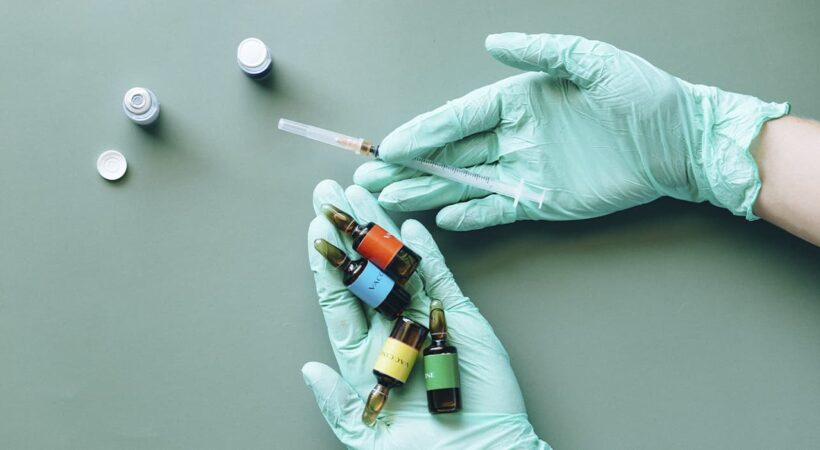We would like to draw your attention to the fact that Malta and Spain are among the top ten countries in Europe with the best medical care, according to WHO. They are also present in the “top” compiled in 2015 by the authoritative Serbian company Numbeo, which publishes medical reports based on interviews, surveys and statistics.
These countries have attractive programs for obtaining residence permits for investment. By taking part in them, you guarantee yourself and your family the maximum availability of European medicine.
Malta
Malta’s health care system is indeed one of the strongest in the world, both public and private clinics. The largest hospitals are Mater Dei Hospital, St Luke’s Hospital and Saint James Hospital providing a full range of medical care.
In 2010, the Maltese government decided to turn the island into a center of medical tourism. Most of the doctors are internationally certified and the medical facilities are equipped according to international standards. Tax-financed health care services in state clinics are free for Maltese citizens. This is accomplished by drawing up a relevant insurance policy, and medications are bought on prescription.
In general, the cost of treatment is by 30-50% lower than in the leading European countries.
In particular, affordable prices attract thousands of patients from the UK, and most Maltese doctors receive their education in universities of this country.
Read about how to obtain citizenship in Malta on an investment program on our website.
Spain
Spanish doctors are reputed to be among the most qualified in Europe, and high-class equipment is available in every clinic. All this becomes available if you participate in the program “Golden Residence Permit” or get a second citizenship in this country. In this case, free medicine in Europe will no longer seem unreal to you.
The health care system in Spain is something like a technologically advanced one. Social security is extremely well developed here, and medicine is financed mainly through taxes (including taxes on alcohol and tobacco products).
As a result, 94 percent of the country’s population receives free medical care. And 80 percent of diseases are treated exactly in state clinics. Private clinics are most frequently highly specialized. Spanish citizens choose their personal doctor. There is no time to waste in lines, as visiting hours are scheduled by minutes.
When buying medicine you will not have to pay the full cost, but about 40%. Pensioners pay only 10% of the price of medicines. Pharmacies dispense them according to prescriptions, and the reduced price is explained by a special system of additional payments: the state covers most of the cost of medicines.
